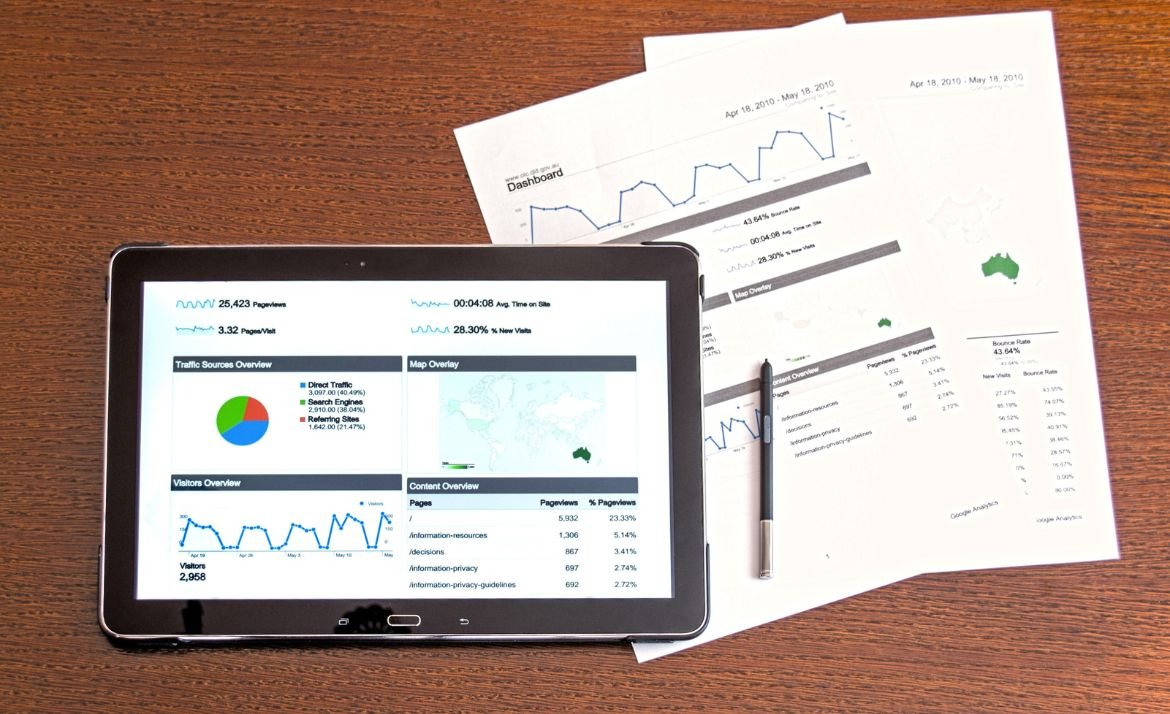
Understanding Performance Marketing
Performance Marketing has emerged as a powerful strategy for businesses seeking measurable results. Unlike traditional marketing methods, which often focus on brand awareness and reach, Performance Marketing is centered around achieving specific goals and outcomes. This approach allows marketers to track their campaigns’ effectiveness and optimize them for better performance, ensuring that every dollar spent contributes to tangible results.
What is Performance Marketing?
Performance Marketing refers to a data-driven marketing strategy where advertisers pay only for specific actions or results generated from their campaigns. These actions may include clicks, conversions, sales, or leads. This model is highly appealing for businesses because it aligns marketing expenses directly with the results achieved, making it a cost-effective way to drive growth.
In Performance Marketing, Numerous channels, such as affiliate marketing, email marketing, social media advertising, and pay-per-click (PPC) advertising, can be used. Each of these channels allows businesses to target their audience effectively, track performance, and optimize campaigns based on real-time data.

Benefits of Performance Marketing
Implementing a Performance Marketing strategy can provide numerous benefits for businesses:
- Measurable Results: The capacity to precisely measure outcomes is among performance marketing’s most important benefits. Marketers can track key performance indicators (KPIs) to understand the effectiveness of their campaigns.
- Cost Efficiency: Since advertisers pay only for specific actions, Performance Marketing ensures that marketing budgets are spent efficiently. This model reduces the risk of overspending on ineffective campaigns.
- Targeted Advertising: Performance Marketing allows businesses to target specific audiences based on demographics, interests, and behaviors. The possibility of reaching prospective clients who are more likely to convert is increased by this focused strategy.
- Flexibility and Adaptability: With real-time data and insights, marketers can quickly adjust their strategies and tactics to optimize performance. This flexibility allows businesses to respond to changing market conditions and consumer behaviors.
- Increased ROI: By focusing on measurable outcomes and optimizing campaigns, businesses can achieve a higher return on investment (ROI) from their marketing efforts.
- Enhanced Customer Insights: Performance Marketing provides valuable data about customer preferences and behaviors, enabling businesses to refine their marketing strategies and create more personalized experiences.
Key Components of Performance Marketing
To implement a successful Performance Marketing strategy, consider the following key components:
- Clear Objectives: Define specific, measurable goals for your campaigns. Having specific goals will direct your approach, regardless of whether your goal is to increase website traffic, lead generation, or sales.
- Target Audience Identification: Understanding your target audience is crucial for effective Performance Marketing. Make buyer personas that list the characteristics, passions, and habits of your ideal clients.
- Channel Selection: Choose the right channels for your campaigns based on where your audience is most active. Common channels include Google Ads, social media platforms, affiliate networks, and email marketing.
- Compelling Creative: Develop engaging ad creatives that resonate with your audience. High-quality visuals and persuasive copy are essential for capturing attention and driving action.
- Tracking and Analytics: Set up tracking mechanisms to monitor campaign performance. Use tools like Google Analytics, Facebook Pixel, or other tracking software to gather data on clicks, conversions, and other key metrics.
- Optimization and A/B Testing: Continuously optimize your campaigns based on performance data. To determine which ad variations perform better, compare them using A/B testing.
Types of Performance Marketing
There are several types of Performance Marketing strategies that businesses can utilize:
- Pay-Per-Click (PPC) Advertising: Advertisers pay for each click on their ads, making it an effective way to drive traffic to websites. For PPC campaigns platforms like Google Ads and Bing Ads are commonly used.
- Affiliate Marketing: Businesses partner with affiliates who promote their products or services. Receive a commission for every lead or sale brought about by their referral.
- Social Media Advertising: Advertisers can use platforms like Facebook, Instagram, and LinkedIn to run targeted ads. Performance Marketing on social media allows for precise audience targeting and measurable results.
- Email Marketing: Businesses can leverage email campaigns to reach their audience directly. By tracking open rates, click-through rates, and conversions, marketers can assess the effectiveness of their email strategies.
- Influencer Marketing: Collaborating with influencers can amplify brand visibility and drive conversions. Influencers promote products or services to their followers, and businesses pay based on performance metrics.
How We Can Assist with Performance Marketing
At Owebstart, we understand the complexities of Performance Marketing and its importance in driving measurable results for businesses. Our team of digital marketing experts is dedicated to helping you develop and implement effective performance-driven strategies. Here’s how we can assist:
- Performance Strategy Development: We work with you to create a comprehensive performance marketing strategy tailored to your business objectives and target audience.
- Campaign Management: Our team manages your performance marketing campaigns across various channels, ensuring that your marketing dollars are spent efficiently and effectively.
- Creative Development: We develop high-quality, engaging ad creatives that resonate with your audience, driving clicks and conversions.
- Tracking and Analytics: We set up tracking mechanisms to monitor your campaigns’ performance, providing you with actionable insights to refine your strategies.
- Ongoing Optimization: Our experts continuously analyze campaign data and implement optimizations to improve performance and maximize ROI.
The Approach
Performance Marketing is a powerful approach that enables businesses to achieve specific goals while ensuring cost efficiency. By focusing on measurable results and optimizing campaigns based on real-time data, organizations can drive growth and enhance their online presence. Understanding the key components and best practices of Performance Marketing will help businesses succeed in a competitive digital landscape. At Owebstart, we are committed to helping you harness the full potential of Performance Marketing to achieve your marketing goals. Let us partner with you to develop and execute a comprehensive performance marketing strategy that delivers measurable results and drives your business forward!


